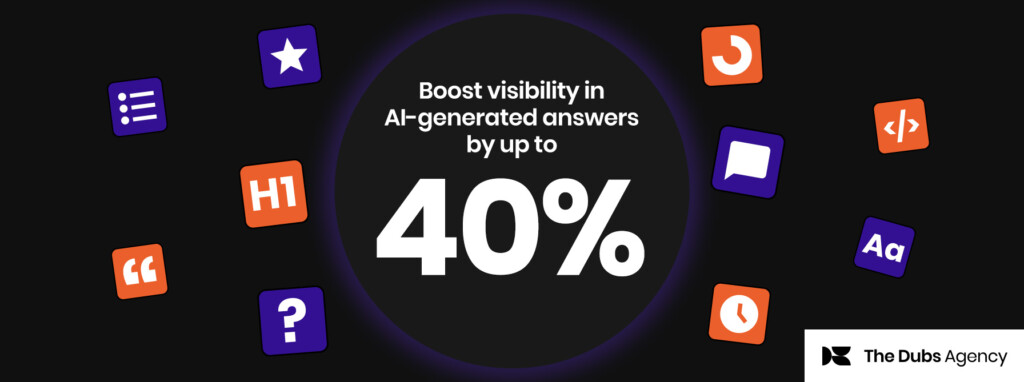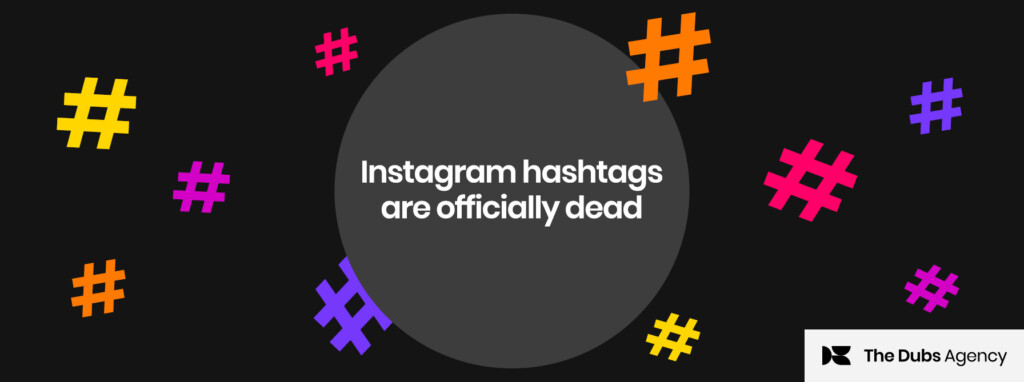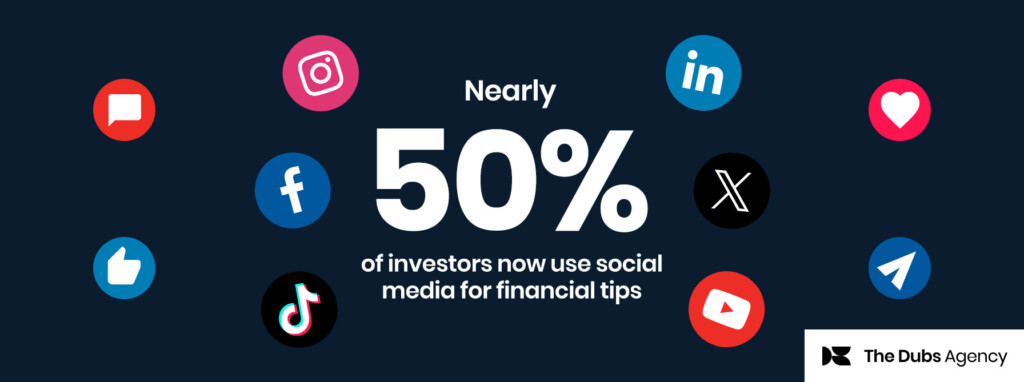We talk to Leon Bombotas about Newsroom.ly the content marketing tech platform he founded, and his mission to allow storytellers to easily measure content performance.
Newsroom.ly’s number one purpose is to help content marketers make a big impact through a simplified and universal platform.
As a content marketer, competing for attention online is harder than ever. In a competitive space like financial marketing, where consumer trust can often falter, it can be even more difficult to build a relationship with your audience. It’s one thing to put a content strategy in place, but how do you know if it’s having the desired impact? Is it offering a return on your investment? How do you measure it? As Leon Bombotas explains, these are questions Newsroom.ly seeks to answer, as elegantly and effectively as possible.
What value does Newsroom.ly offer content marketers?
We help content marketers and editors easily measure the impact of their publishing activity and, more importantly, uncover insight that helps them boost page views, time-on-site, conversion and revenue. We do this by applying our proprietary scoring algorithm to determine the impact of the content. We then use a combination of text-mining and data-science to determine the ‘narratives’ that are resonating with audiences and are associated with desired outcomes.
Content is becoming more data driven, and data is becoming more crucial. Do you think this focus on data impacts negatively on the quality of content we’re seeing?
Negative? No. On the whole it will have a positive impact on the quality of content. Absolutely. For example, if we can confidently predict what won’t have a meaningful impact then we can more efficiently allocate resources to creating content what we think will. There will always be a place for publishing untested, unproven and experimental content. The opportunity is to use data and technology and turn success into repeatable success.
Organic reach on Facebook and Google has dropped precipitously over the past few years and will get worse. Both platforms are, essentially, pay to play.
Some of your biggest clients are Australian brands Medibank and MamaMia. How has your platform helped them specifically?
Each in slightly different ways. Brands such as Medibank benefit from having a single measure of success to report to their executive leadership teams. Newsroom.ly allows them to easily measure the performance of content across several platforms and various KPIs, scored and distilled into a single measure of success. Publishers such as MamaMia are able to track impact across categories, rank and compare authors, and by publish date. It’s easy to find content that’s best for new vs returning users, for social or search, for mobile or desktop or any combination thereof. In both cases it’s helping them uncover insight to make decisions that grow their audience, increase attention and drive conversion.
Can you tell us a little about the impact score you’ve devised?
The impact score is a score out of 100 that measures the effectiveness of every piece of content. It’s a single measure of success calculated by an algorithm that takes into consideration a client’s specific goals around Views, Engagement and Conversion. Every client can customise the impact score to reflect their respective content marketing objectives.
Finally, what do you think is the biggest challenge content marketers will face in the next decade?
Achieving reach is increasingly difficult. Organic reach on Facebook and Google has dropped precipitously over the past few years and will get worse. Both platforms are, essentially, pay to play. As competition for attention intensifies, bids to drive click-throughs will continue to increase. For brands this means an increase in customer acquisition costs. Increasing the effectiveness of organically produced content by measuring it and optimising it will eventually offset the need to spend so heavily on traditional methods of customer acquisition.
It’s clear that platforms like Newsroom.ly will have a major role to play in the future of content marketing. With over 130 trillion pages of information on the internet, discerning what’s valuable and what isn’t is a monumental task, but bit by bit marketers can start to build an accurate picture of what their target audience wants to hear, and start relating to them on multiple levels, across multiple platforms.
Subscribe now for content marketing insights and trends straight to your inbox.









